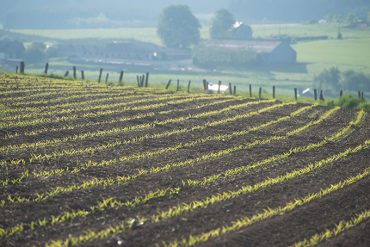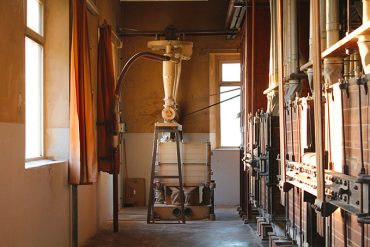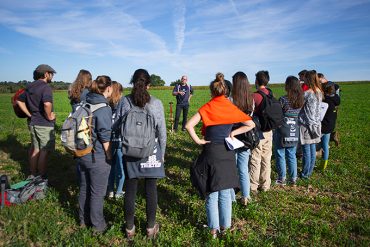Our team focuses on agricultural and food systems,
the challenges and opportunities they face and the related transition processes.
Our mission
We conduct research and provide strategic analysis
in the agriculture and food sector
Our approach departs from four commitments:
Multidimensionality
Interdisciplinarity
Participatory approaches
Multiple scales
Our approach looks at environmental, economic and social challenges of farm and food systems, striking to balance ecological boundaries and society’s essential needs.
Embracing interdisciplinarity, our work integrates agronomy with political, economic, and social sciences to address the complexity of food systems.
By using participatory approaches, we value diverse experiential knowledge and produce results grounded in the realities of farm and food systems.
Our approach looks at multiple scales of transition, including the meso-level which bridges micro-level practices with macro-level policies.
Our approach departs from four commitments :
Multidimensionality
Our approach looks at environmental, economic and social challenges of farm and food systems, striking to balance ecological boundaries and society’s essential needs.
Interdisciplinarity
Embracing interdisciplinarity, our work integrates agronomy with political, economic, and social sciences to address the complexity of food systems.
Participatory approaches
By using participatory approaches, we value diverse experiential knowledge and produce results grounded in the realities of farm and food systems.
Multiple scales
Our approach looks at multiple scales of transition, including the meso-level which bridges micro-level practices with macro-level policies.
Our research topics are structured around three axes :

Production systems
What are the characteristics of current cropping and livestock systems?
We characterize the cropping and livestock systems, through a variety of indicators related to production, inputs use, externalities. This approach allows for a concrete analysis of the strengths and challenges of the different production systems.
We highlight practices and production systems based on the principles of agroecology.

Food value chains
How are the food value chains organised? How do the actors of the food system interact?
We analyse and describe the agrifood chains and organisations.
We look at the possible evolution of the actors and value chains, taking into account lock-in phenomena hindering transition dynamics.
We identify technical, economic and political levers for action.

Transition pathways
Which horizons can we envision for the agriculture and food related activities in our regions?
We develop prospective scenarios illustrating possible pathways towards 2050. Scenarios can help define and support transition dynamics in the agricultural and food systems.
The scenarios can be trend-based or pursue specific sustainability objectives, such as reducing the use of pesticides and taking climate issues into account.
Our research work is funded by public and private actors :
Our partners are regional institutions, European funds, non-governmental organizations and foundations.
